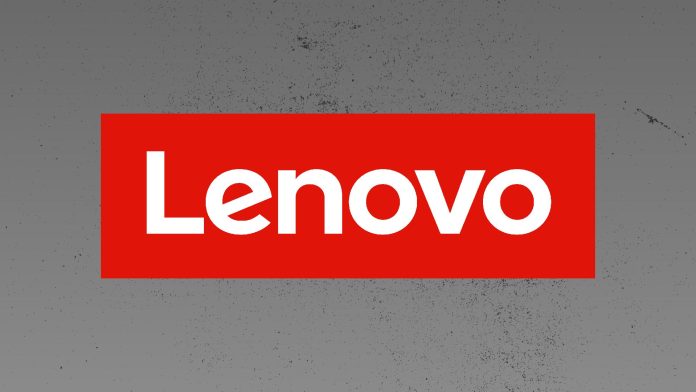In a small village in southwest China, a farmer named Tingke has transformed his life by cultivating bamboo. This story is not just about Tingke; it illustrates how a global technology leader, Lenovo, is pioneering sustainability through innovative packaging solutions that offer practical benefits for businesses and communities alike.
Lenovo has been on a sustainability journey for over a decade, beginning in 2008 when the company replaced plastic foam with biodegradable materials in its product packaging. Bamboo emerged as a standout option—fast-growing, biodegradable, and available worldwide. "When we began developing bamboo-fiber materials, many in the industry questioned what we were doing," recalls Royal Bai, a veteran packaging expert leading Lenovo’s initiative. "Traditional plastic foam was cheap and easy, but bamboo fiber was three times more expensive. Even so, we knew this innovation was vital for sustainability."
Through the dedication of Bai and his team, Lenovo has successfully turned bamboo into lightweight, durable packaging for laptops and phones, shipping over 30 million products packaged in bamboo fiber. This effort translates to more than 4,500 tons of bamboo fiber used, significantly reducing the company’s reliance on traditional plastic packaging.
The real-world implications of this initiative extend beyond the tech giant itself. Tingke represents a community that has benefited tremendously from bamboo cultivation. "Back in 2017, our region was one of the first in the province to rise out of poverty — and bamboo played a big part," he explains. Today, bamboo has become a lifeline, enabling families to afford cars and motorcycles and improving access to education for their children.
Small business owners can take note of the practical applications stemming from Lenovo’s model. By sourcing materials sustainably, businesses can not only enhance their brand image but also establish stable connections with local suppliers, much like Lenovo has done with Tingke’s community. This can lead to improved supply chain reliability and potentially lower costs in the long run.
However, challenges remain for small business owners considering similar approaches. Transitioning to sustainable materials may involve higher upfront costs, as Bai noted with bamboo fiber being three times more expensive than traditional materials. Additionally, businesses might face skepticism from stakeholders used to conventional practices. Open communication about the long-term benefits of sustainability, both environmentally and financially, will be critical.
Lenovo’s journey does not stop here. The company has launched the "Future with Bamboo" initiative, consistently expanding the use of bamboo-fiber packaging across its product lines. The entire ThinkPad lineup adopted bamboo packaging in 2023, which significantly reduces plastic waste. Gina Qiao, Lenovo’s Senior Vice President and Chief Strategy and Marketing Officer, emphasizes that bamboo "connects tradition with innovation—it’s a renewable material that resonates across cultures and regions." This commitment highlights the potential for bamboo to serve not only as an eco-friendly alternative but also as a symbol of sustainable practices that can drive economic growth in various communities.
As Lenovo continues to innovate, flagship products like the ThinkPad X9 series and Motorola’s foldable Razr 50d are now shipping with bamboo-fiber packaging. For small businesses looking for a way forward, this case study illustrates the intertwining of community development and corporate responsibility, creating a broader model for sustainable practices that can resonate worldwide.
In essence, Lenovo’s bamboo initiative is an example of how business innovation can foster a sustainable future, making a compelling case for small business owners to explore eco-friendly alternatives. Engaging with local resources not only strengthens ties within communities but also contributes to a global movement towards sustainability.
For more information, visit the original post here.
Image Via BizSugar



